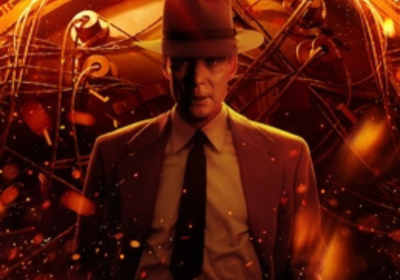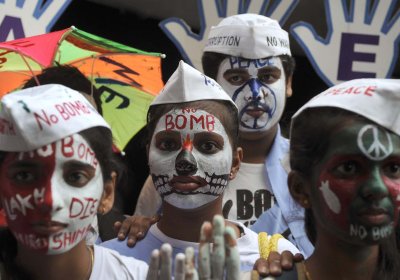Korean peace activists are taking action around the world on July 27, the anniversary of the Korean War armistice, to call for a de-escalation of military tensions in the Korean Peninsula, reports Peter Boyle.
Hiroshima
The atomic bomb created the conditions of contingent catastrophe, forever placing the world on the precipice of existential doom. But in doing so, it created a philosophy of acceptable cruelty, worthy extinction and legitimate extermination — explored in Christopher Nolan's film, Oppenheimer, writes Binoy Kampmark.
Peace groups have used the 76 year anniversary of the United States' bombing of Hiroshima and Nagasaki in Japan to demand the federal government sign the Treaty on the Prohibition of Nuclear Weapons. Kerry Smith reports.
The world recently commemorated the anniversaries of the dropping of nuclear weapons on the people of the Japanese cities of Hiroshima (August 6) and Nagasaki (August 9) in 1945. But it hasn't been a good few weeks for world peace.
Seventy years ago, two split second explosions changed the course of history. The blinding light and fireballs that scorched Hiroshima and Nagasaki marked the start of the atomic age. More than 200,000 people died either instantly or within a couple of months. Thousands more have died in the years since due to the radiological impacts of the bombs.







